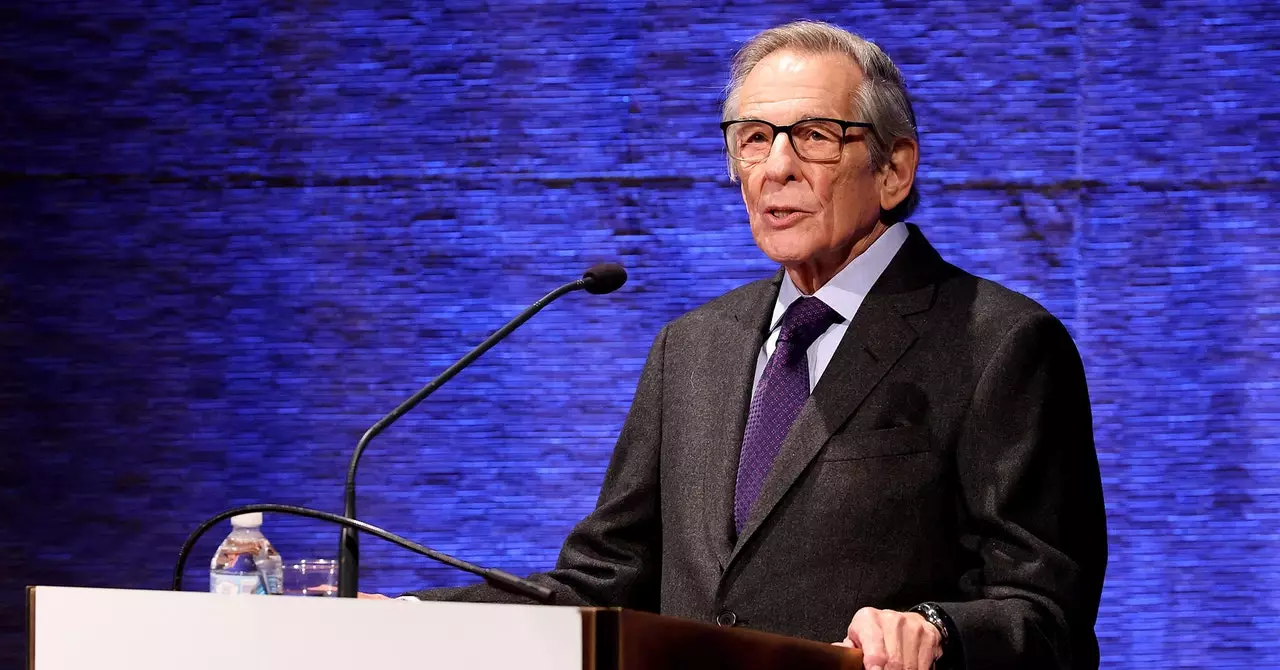The rapid advancement of technology, especially artificial intelligence, has transformed the way we communicate and process information. Among the various implications of AI, the trend toward summary-driven communication looms large, threatening to undermine the rich texture of thought and dialogue that characterizes human interaction. The evolution from verbose documentation to concise summaries may appear efficient, yet it raises significant questions about our intellectual engagement and the quality of our collective output.
The Bezos Memo: A Case Study in Depth over Brevity
One compelling example of the drawbacks of summarization comes from Jeff Bezos during his tenure as CEO of Amazon. Rejecting the ubiquitous PowerPoint presentations, Bezos introduced a policy that mandated his team to draft what is now known as the “6-pager.” This six-page memo forced managers to distill their ideas meticulously, compelling them to analyze every word thoroughly. Rather than drowning in condensed content or quickly skimmed slides, participants in Bezos’s meetings dedicated the initial phase to silent reading of the full six pages, ensuring that everyone engaged with the material deeply.
This method exemplifies a vital point: when the emphasis shifts from brevity to thoughtfulness, it elevates the quality of discussion and decision-making. By investing time in understanding nuanced arguments, teams cultivate a robust foundation for collaboration. In stark contrast, an over-reliance on summaries can lead to superficial engagement, resulting in teams missing critical insights that could inform pivotal decisions.
With the rise of large language models (LLMs) and AI-driven summary tools, the convenience they offer is tempting. These automated systems can digest a plethora of information in seconds, presenting condensed versions of complex documents that seem to facilitate rapid understanding. However, this reliance on AI for summaries may stifle our capabilities in parsing sophisticated information ourselves. As the technology grows more adept at sorting through dense texts, there is a risk that our skills, such as critical thinking and articulated writing, may begin to erode through disuse.
Consider the broader implications: if our communication increasingly defaults to short bursts of information, akin to bullet points, can we expect the quality of our writing to remain untouched? The creative essence of language — its beauty and complexity — would undoubtedly suffer if we prioritize efficiency over eloquence. The crafted prose, which showcases wit and originality, could become obsolete in an environment where summaries reign supreme.
In today’s digital-driven world, meeting attendance itself may become a relic of the past. The allure of AI-generated summaries can create an environment where stakeholders feel less inclined to participate fully in discussions. Sam Liang, CEO of Otter, acknowledges this trend within his own work culture. As he juggles countless meeting invitations, the option of relying on AI-generated recaps allows him to prioritize attendance based on the perceived value of his presence. While this reflects a practical approach to time management, it also signals a concerning shift in workplace dynamics.
The very essence of meetings — the exchanges of ideas, the spontaneous discussions that lead to innovation, and the cultivation of team spirit — can become diluted if key members frequently opt out. When individuals can distill essential information from summaries rather than engage in face-to-face dialogue, the fabric of collaboration weakens. The rich, messy nature of human interaction that often sparks creativity and insight may become a casualty in an era fixated on productive efficiency.
As we navigate the complexities of AI and its impact on communication, it is imperative to strike a balance between convenience and depth. While AI has the potential to enhance our capabilities, it should not be viewed as a replacement for thoughtful engagement. The lessons from executives like Bezos serve as reminders of the value of deep inquiry and robust discussions in fostering innovation.
The challenge lies not only in utilizing technology effectively but in maintaining our commitment to meaningful communication. If we can harness AI to complement our human skills rather than replace them, perhaps we can cultivate a society where the richness of language and the importance of dialogue are preserved. We should remain vigilant about how we wield these tools, ensuring that they serve to enhance — rather than inhibit — our intellectual pursuits and human connections.


Leave a Reply